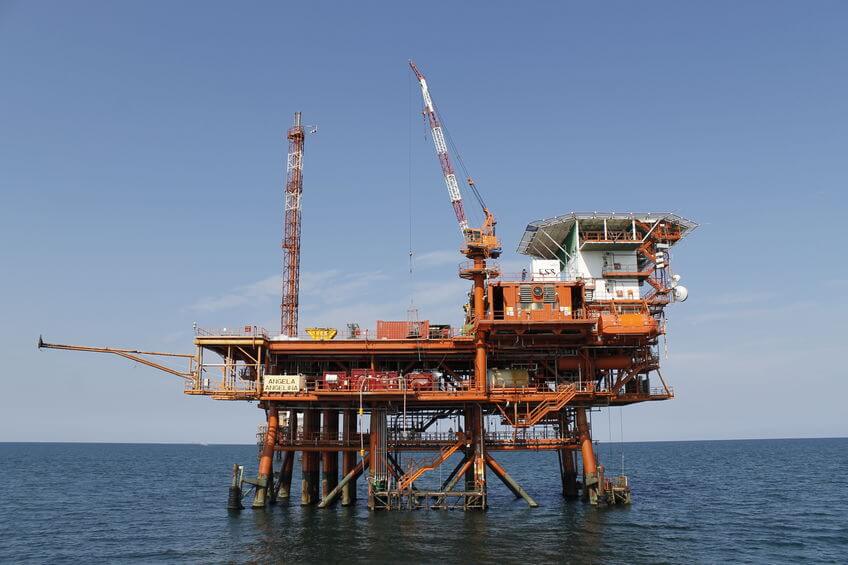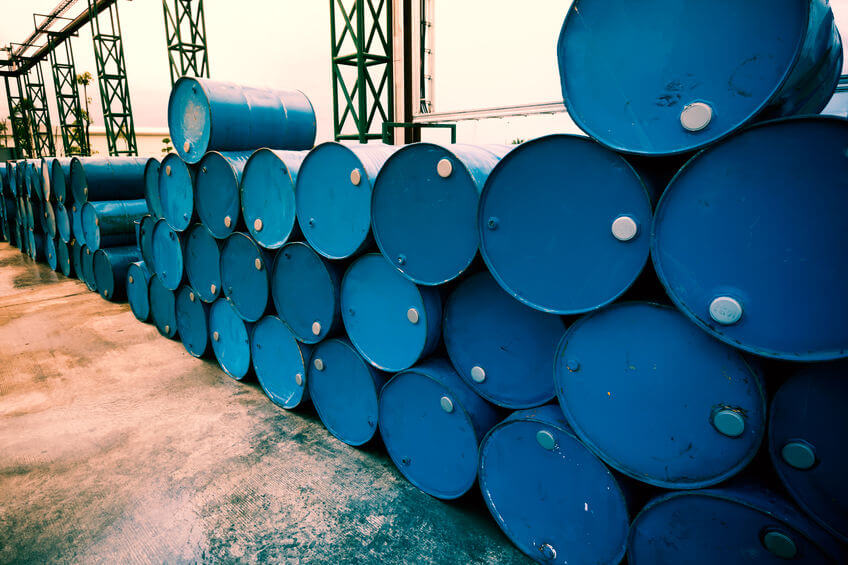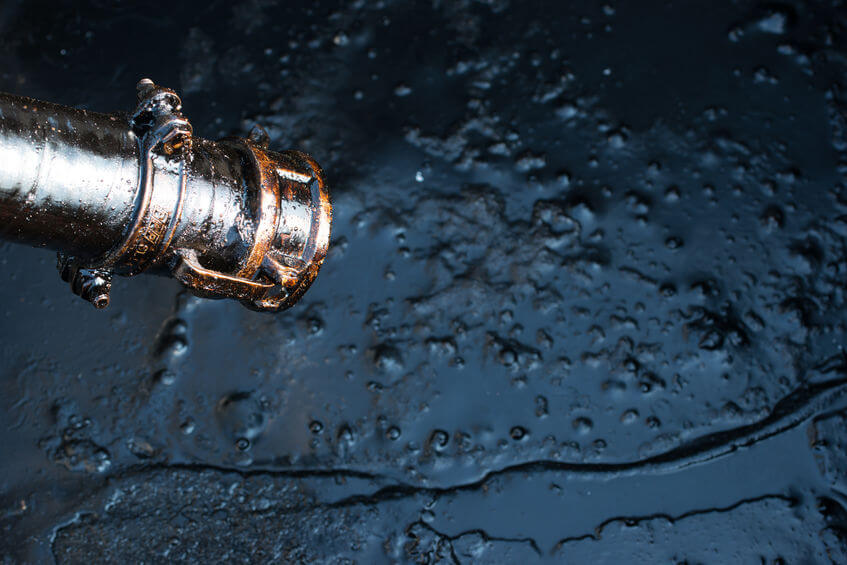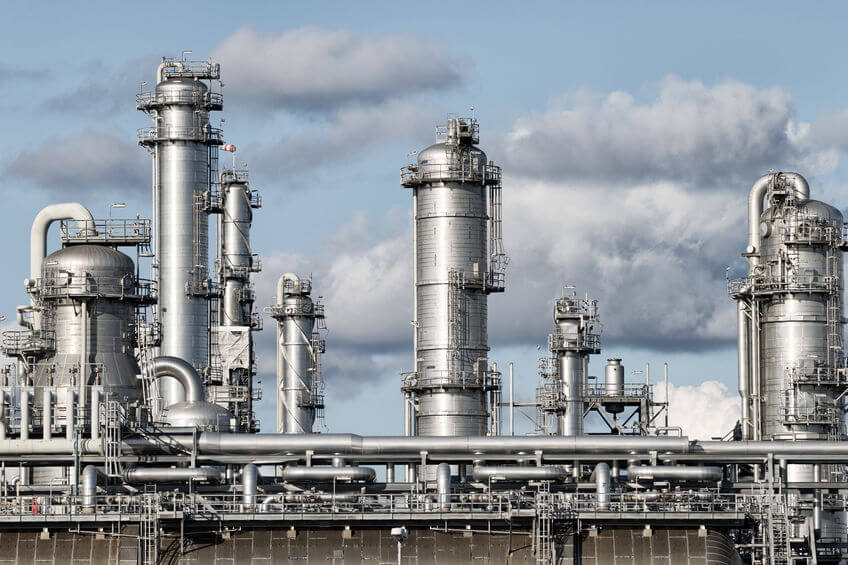There are various uses of chemicals in oil fields. Some help to protect the drilling environment. Some protect the drilling equipment to keep them in excellent shape for long. And for others, they maximize yield. But for whatever reasons oil fields use chemicals for, one thing is certain: drilling without chemicals is impossible.
In this article, we discuss some oil field chemicals and why we use them. You will also learn how to use them. And just as important as the chemicals themselves, you’ll discover the best way to ship them.
Content
The Relationship Between the Modern Chemical and Oil and Gas Industries
Chemicals Used in Oil and Gas drilling
Oil and Energy Liquid logistics
How are Oil and Gas Chemicals Shipped?
The Most Reliable Oil and Gas Chemical Shipping Company
The Relationship Between the Modern Chemical and Oil and Gas Industries
The chemical industry and the oil and gas industry are inseparable. They both depend on each other on many levels, and it would be impossible for one to survive without the other.
Although it could be difficult to estimate how reliant one is on the other, it is no news that oil and gas production heavily depends on chemicals from the chemical industry. These chemicals play vital roles in various phases in the oil and gas industry, including the extraction, refining, and production of oil and gas.

That the oil supply in the world is in short supply has not helped the oil and gas industry in terms of its reliance on chemicals. In fact, now more than ever, the oil and gas industry needs the chemical industry. There is need to increase the efficiency of oil production, refining, and extraction in order to discourage wastage and delay the impending exhaustion of oil reserves in the world.
It is not an exaggeration to say we desperately look up to breakthroughs and advancements in the chemical industry to preserve the oil and gas industry. We need them to make more efficient versions of chemicals for oil fields, even though they have been excellent so far. The chemical industry has provided various chemicals to ease oil production in every way, and we’ll be discussing some of these chemicals shortly.
Chemicals Used in Oil and Gas drilling

Oil drilling consists of complex processes that further contain many other subprocesses. As a result, the chemicals required for the smooth running and profitable yield of oil and gas drilling are many. The oil field chemicals below are only a handful of them:
1. Lubricants or Friction Reducers
Drilling involves a lot of heat and rubbing together of surfaces, making it a suitable breeding ground for friction. And the more friction there is in a body, the less efficient it is. Hence, the need for lubricants or friction reducers on the oil field.
Lubricants help to increase the efficiency and the net work output of your drilling machines. Chemicals used as friction removers in the oil and gas field include vegetable oils, diesel oil, fatty acid esters, air-blown asphalt colloids, asphalt blends, graphite powder, soaps, and more.
Drilling fluids, or drilling muds, as some call them because of their appearance, are also a type of friction reducers. Drilling fluids go down the drill pipe to the drill bit and around the wellbore while drilling is going on. They are used for cooling and lubrication, although their usefulness transcends just that. The muddy-looking fluids are also used to float formation cuttings up to the surface and reduce the risks of blowouts due to surges of pressure up the wellbore. Partially hydrolyzed polyacrylamide is an example of a drilling fluid used in oil fields.
2. Corrosion inhibitors
There are many drilling surface machines on the oil field that are made of metallic materials that are susceptible to corrosion. Corrosion could damage the machines and render them useless for their purposes, leaving you with the option of buying new ones long before they are due. That is why there should never be a shortage of corrosion inhibitors in oil fields.
Corrosion inhibitors help the surface equipment, drill string, and surface casing to resist corrosion, even after extensive use. Examples of corrosion inhibitors include zinc chromate, zinc carbonate, hydrated lime, and fatty amine salts of alkyl phosphates. Ammonium sulfite-bisulfite blends, ethoxylated amines, tertiary cyclic amines, and cationic polar amines are also used as corrosion inhibitor. All these oil field chemicals are amine salts.

3. Thinners and Dispersants
Without thinners and dispersants, it would be hard to prevent the clay particles being dug out from the wellbore from excessively clustering up into flocs. Although flocculation is often encouraged in the drilling process, as it helps to separate the clay particles from the drilling fluids, it could quickly turn into a problem when it becomes excessive. Fluid pumpability becomes harder when this happens.
Common thinners and dispersants used in oil drilling include tannins, sodium tetraphosphate and other phosphates, sodium poly(styrene sulfonate-co-maleic anhydride), and some other synthetic polymers, and lignosulfonate salts.
4. Stabilizing Agents
Stabilizing agents help to reduce partial or severe lost circulation, torque, drag, and seepage when drilling wellbores with high differential pressures or at downhole temperatures that are steeply elevated. They do these while being able to maintain the rheological properties of drilling fluids.
Stabilizing agents used in oil fields are polyglycol ethers, chromium and chromium-free lignosulfonates, melanin polymer, and sodium polystyrene sulfonate-co-maleic anhydride). Other stabilizing agents include additives, such as sodium diethyldithiocarbamate, which are used to stabilize xanthan gum and other aqueous polysaccharides.
5. Formation damage control chemicals
While drilling, it is important to maintain a cylindrical geometry with a uniform diameter in the wellbore. This eases the subsequent cementing operations of the wellbore. One thing that could, however, frustrate this effort is the mixture of drilling fluids and the formation, causing permeation damages. Another consequence is the erosion of formation into the wellbore.
Examples of chemicals used to reduce formation damage in oil drilling include sodium silicate, potassium chloride, sodium chloride, ammonium chloride, lignosulfonate derivatives, partially hydrolyzed polyacrylamide and poly (acrylamide-co-acrylic acid), and gypsum. Other formation damage control chemicals used in oil fields include some polymers that have repeated quaternary ammonium groups.
6. Scale inhibitors
Drilling takes a lot of time. And in this time, be wary of scales. Scales block the flow of fluid through your drilling pipes, pumps, and valves. They accumulate until they leave no space for fluids to flow. Insoluble calcium salts are good examples of scales, and these form when the saline formation of water and formation minerals come in contact with the drilling fluid. Scales are often difficult to get rid of, so preventing them before their formation is often the best way to control them. Sodium carbonate, sodium hydroxide, polyphosphates, phosphonates, polyacrylates, and sodium bicarbonate are all examples of scale inhibitors.
7. Emulsifiers
Emulsifiers reduce the surface tension between water and oil in your drilling fluids. Without them, instability could occur within the fluids. This could lead to inefficient drilling or even more catastrophic consequences. Surfactants, such as fatty acid salts, lignosulfonates, fatty acid amides, and petroleum sulfonates are used as emulsifiers.
Oil and Energy Liquid logistics
The oil and gas industry is just as reliant on oil field chemical shipping as it is on the chemical manufacturers themselves. The shipping company can’t have a timeout, as you could need any chemical at any time. An unnecessary delay could lead to disastrous consequences, such as loss of millions of dollars in revenues and profit, equipment, or employee. And ultimately, it could lead to the wastage of oil, which is already in dwindling supply.
The same consequence that delay has is what the depreciation of quality during the shipping of the chemicals could cause. So, a lot depends on the logistics company you entrust with the shipping of your oil field chemicals.
That is why the importance of building a partnership with a reliable oil and gas shipping company like Total Connection Oil and Gas Logistics cannot be overrated. Total Connection is robust enough to handle all your oil field chemical shipping needs, yet flexible enough to offer you customized supply chain solutions to match your drilling needs.
How are Oil and Gas Chemicals Shipped?
The most reliable and cost-effective way to ship your oil and gas chemicals is through the use of liquid bulk tankers. And it makes sense to partner with a logistics company that can ship all your chemicals quickly, irrespective of the quantity. This helps you avoid extra paperwork, effort, and the costs that may come with working with multiple oil field chemical carriers.

Choosing the right oil and gas chemical logistics company?
Nothing could be better than shipping your oil field chemicals with a company that knows its onions. Unfortunately, only few of them do. There are three major factors to consider before you choose an oil field chemical shipping company. And of these three, experience plays a major role in two. This is because you can’t afford to trust the shipping of such delicate materials into inexperienced hands. You could pay for it, literally and in every other sense.
1. Experience Shipping Hazmat
Many oil field chemicals are hazardous materials. And because of the potential dangers that accompany these materials, there are numerous regulations surrounding their transport. Many of these regulations have to be obeyed on the end of your shipping company, and others can only be adhered to on your end. Breaking any of these regulations, even when it didn’t lead to a dangerous situation, could cost you thousands of dollars. This makes the transport of oil field chemicals that are hazardous materials tricky.
However, an oil and gas chemical transport company with experience shipping hazmat can help you minimize the risks. Because keeping to the many hazmat regulations is already a habit to them, something that could only happen as a result of experience. Total connection belongs to this category. The company even takes it on itself to make it easy for you to adhere to your own part of the regulations by providing you with all the help you need.
2. Experience delivering into live drilling sites
Drilling sites are often different from one another. Many are characterized by rough terrain, requiring an experienced team of carriers to maneuver their way around with tankers full of potentially dangerous chemicals. For other drilling sites, you may not even find them on Google maps, making it hard for an inexperienced carrier to know what to prepare for.
Furthermore, experience delivering into live drilling sites skyrockets in its importance when the carriers have to get close to where the main action is. As a result, it makes sense for you to entrust experienced oil and energy tanker carriers with the delivery of chemicals to your drilling sites, irrespective of the terrain.
3. Customizable solutions
A lot of mix-ups could happen when shipping oil field chemicals. Sometimes, the products received from the suppliers could be off-specification. Other times, the tanks at the drilling sites are full and there are miscommunications. And some other times, there isn’t as much chemical at the drilling site as was assumed, needing an urgent supply. Although these mixups are avoidable, they still happen sometimes. And for these cases, Total Connection allows you to make last-minute cancellations or reservations with just a call. The flexibility of our network makes it easy for us to provide custom solutions to fit your specific needs.
The Most Reliable Oil and Gas Chemical Shipping Company
Total Connection has almost three decades of experience shipping oil and gas chemicals and has grown to be one of the best in the business. We offer a wide variety of solutions that are specifically customized to your needs and the specifications of your drilling site. Some oil and gas chemical logistics solutions we offer include:
- Long haul and regional oil field logistics
- Hazmat and temperature-controlled transport
- Time-sensitive chemicals
- Advanced wash requirements
- Dangerous Goods
- Custom unloading requirements
- Trailer Spotting and storage.
- Drop and retrieve trailer arrangements
- And more
Before You Go
It only takes filling this brief quote form to start a business partnership with Total Connection, which will propel your business forward. Our oil field chemical experts will contact you and soon after, we’ll be in business, offering you the best solutions for your money.
